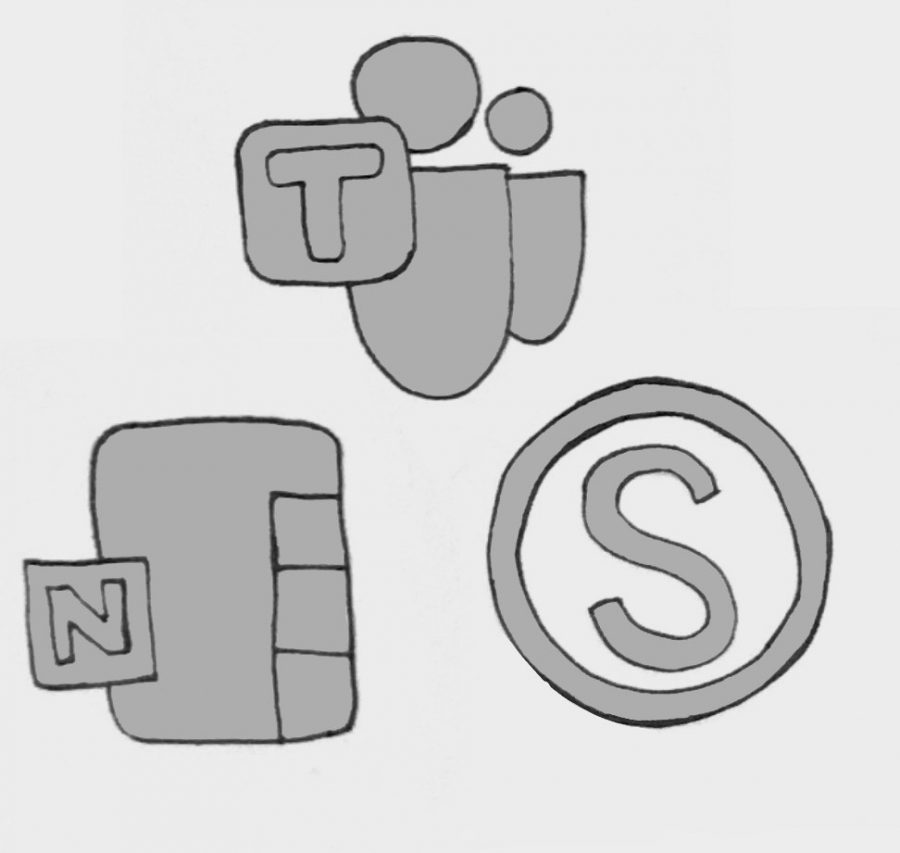Remote Instruction
Teachers face unique challenges adapting to online school.
Teachers are the backbones of society. They mold students’ minds and lead them to success. As the 2020-2021 school year starts virtually, lots of things remain still up in the air as everyone works to figure out the details of remote schooling. With all the stress and confusion, it’s easy to get caught up in how student lives are being affected, and the impact online school has on teachers is often neglected.
Classes vary across subject, grade, and level, so they each require unique solutions to solve the challenges of online school.
For AP biology, Dr. Ryan Austin is still figuring things out, “There’s a lot of content, and again we’re trying stuff out in here.” AP biology’s curriculum is especially large and without the in-person element of the class, it’s hard to teach and cover all of the content.
Austin is taking a different approach and finding solutions by dialing back on course work and making parts of the curriculum optional for students who want to push themselves.
Another big part of AP biology is lab work, which is difficult to do with no equipment.
“If we were in school right now we’d all have a microscope and we would be looking at organisms under the microscope,” Austin said.
Having to teach a class that relies so heavily on in-person activities is a struggle that many teachers are facing. However, Earl Bergquist, a computer science teacher, feels that his classes have been manageable.
“The nice part is that in most of my classes, all of the resources are online,” Berquist said.
But course work is not all there is to his classes, and Berquist’s teaching style for synchronous class sessions has had to update. He decided to change his class to more of a presentation-based and visual format.
“I’m upping the game, I’m kind of trying to be more like a talk show,” Berquist said.
Teachers are working hard to make engaging classes that keep students’ attention and help them learn through a screen, but it has not been easy.
“This is a really tough adjustment, it’s been taking tons and tons of hours,” said Jeremiah Firman, a 9th grade language arts and history teacher. “I’m figuring out how to make a meaningful learning environment through a screen.”
This year, even in the online setting, teachers are tasked with making the learning effective and impactful. It’s a challenge to do that though, especially with the little feedback teachers get.
“It’s really difficult to figure out who needs help in the virtual setting,” said Kim Lessig, an algebra one and geometry teacher.
Students often find themselves struggling on work and teachers aren’t getting as much live interaction or questions from their students as before.
“It’s almost like if you’re a stage actor and normally you play in front of a crowd, but now you’re playing in front of a blinking camera, you have no idea who’s watching,” said Alan Kahn, an AP language arts teacher.





